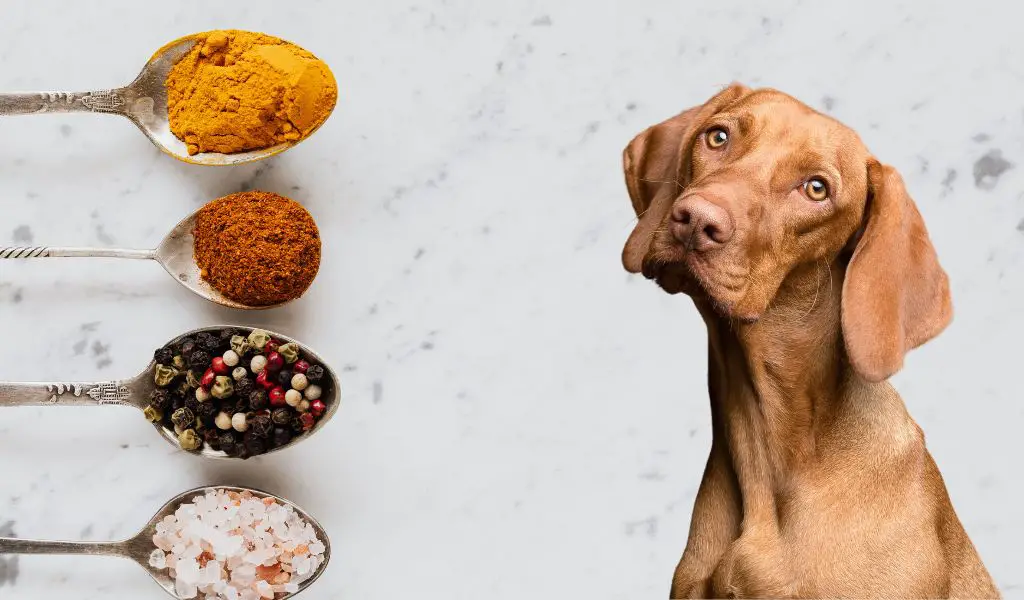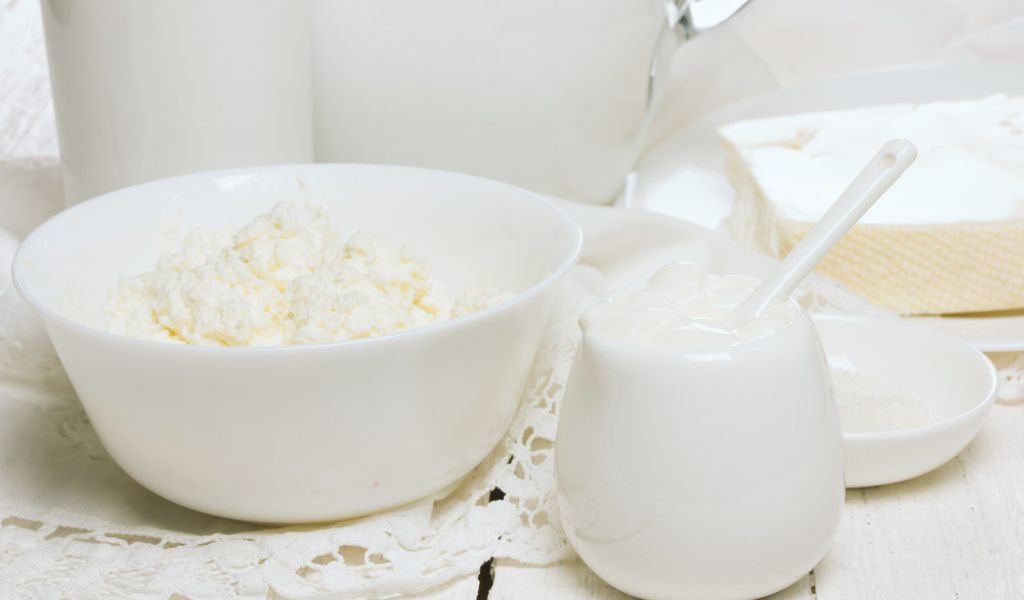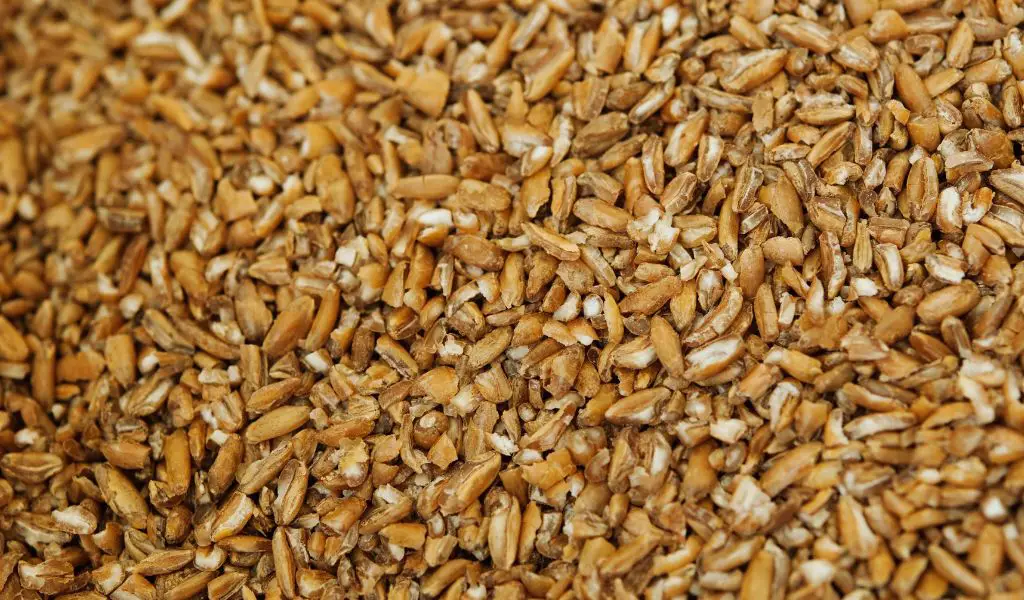Yes, dogs can eat quark, but in moderation. Quark, a type of soft cheese with a creamy texture, is generally safe for dogs to consume. It is low in lactose, making it a suitable choice for dogs with lactose intolerance. Quark is also a good source of protein, calcium, and probiotics, which can support your dog’s digestive health. However, it’s important to keep in mind a few important considerations when feeding quark to your canine companion.
Dos
- Offer small amounts: Introduce quark gradually and in small portions to assess your dog’s tolerance and prevent any digestive upset.
- Use plain quark: Opt for plain, unflavored quark without added sugars, sweeteners, or flavorings.
- Consider quark as a treat: Treat quark as an occasional addition to your dog’s regular diet, rather than a staple food.
Don’ts
- Avoid high-fat varieties: Opt for low-fat or reduced-fat quark to prevent excessive calorie intake and weight gain in your dog.
- Skip flavored or sweetened options: Avoid quark varieties with added fruits, sweeteners, or other ingredients that may be harmful to dogs.
- Watch for individual reactions: If you notice any signs of digestive distress or allergies after feeding quark, discontinue its use and consult your veterinarian.
Can all dogs eat quark?
Generally, most dogs can safely consume quark. However, always consider your dog’s specific dietary needs, health conditions, and consult your veterinarian before introducing new foods.
How much quark can I give my dog?
It is recommended to offer quark in small amounts, as an occasional treat or addition to your dog’s regular diet. The exact portion size will depend on your dog’s size, weight, and overall dietary requirements.
Are there any risks associated with feeding quark to dogs?
While quark is generally safe, it’s essential to be mindful of individual sensitivities or allergies. Additionally, excessive consumption of high-fat quark may lead to weight gain or digestive issues in some dogs.
Conclusion and final thoughts 💭
In conclusion, quark can be a safe and nutritious addition to your dog’s diet when given in moderation.
It provides protein, calcium, and probiotics, but it’s crucial to choose plain, low-fat varieties without additives.
Remember to monitor your dog’s reaction and consult your vet if you have any concerns or questions.
As always, ensuring a balanced and appropriate diet for your furry friend is key to their overall well-being.




